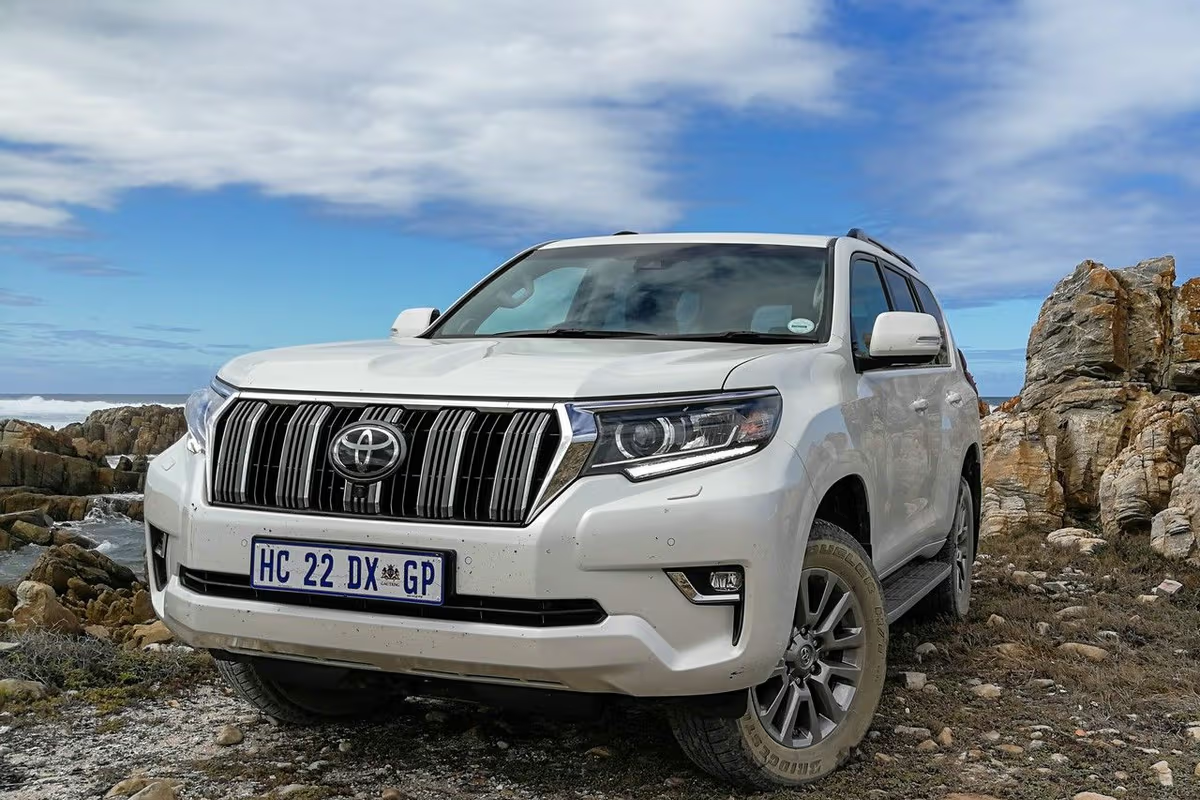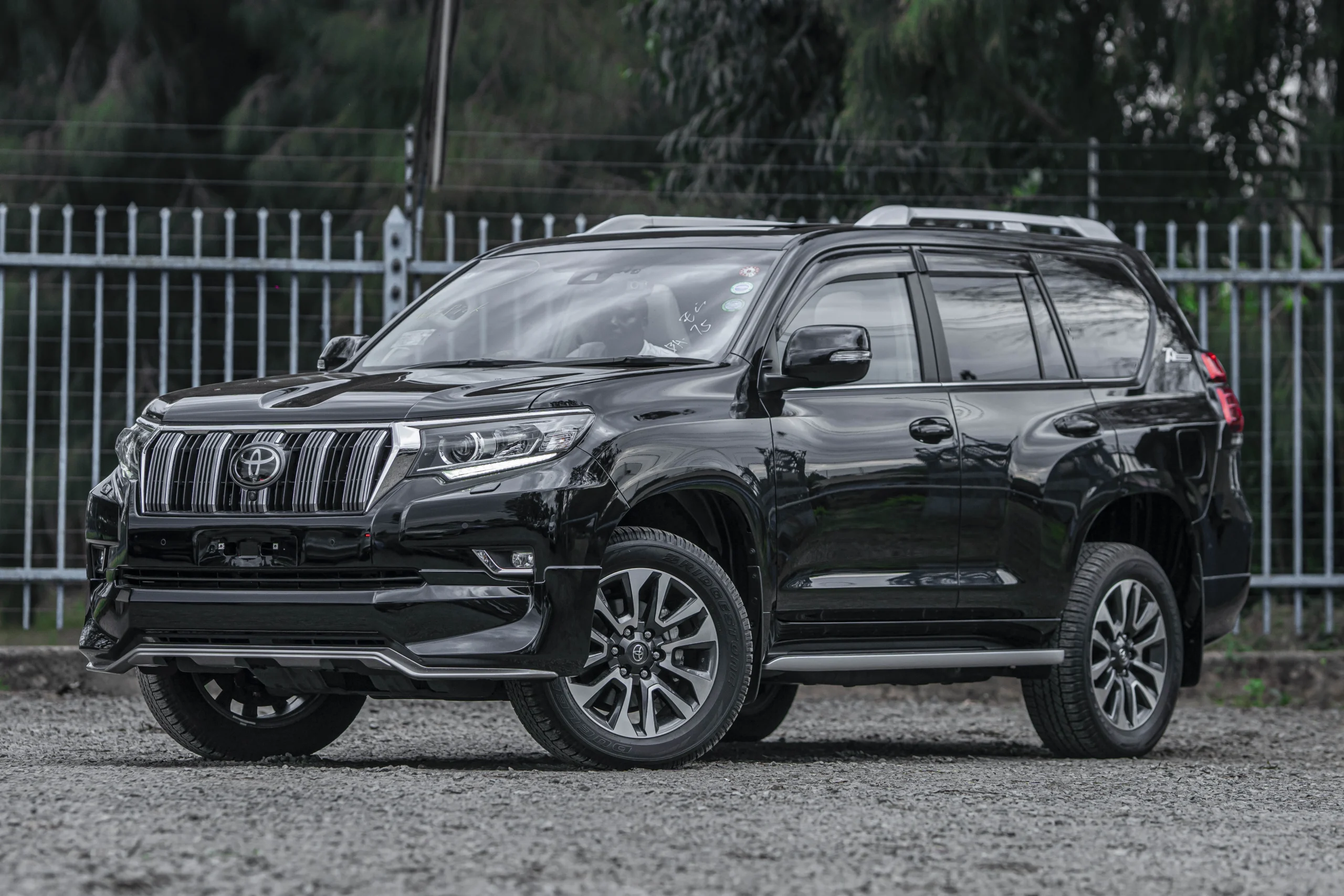Understanding the Importance of Accurate Mileage
Mileage is a critical indicator of a vehicle’s overall condition and remaining lifespan.
It directly correlates with the amount of wear and tear on the engine, transmission, and other vital components.
A car with high mileage, even if well-maintained, will likely require more frequent repairs and have a shorter lifespan than a car with lower mileage.
Conversely, a car with artificially low mileage might appear appealing, but it could be masking underlying mechanical issues.
Imagine purchasing a seemingly pristine Toyota, only to discover the engine is nearing the end of its life due to excessive use.
This is a scenario many importers face, and it highlights the importance of diligent verification.
Accurate mileage allows you to realistically assess the vehicle’s value, predict its future maintenance needs, and ultimately, make a sound financial decision.
Ignoring this crucial step can turn your dream import into a financial nightmare, so let’s delve into the methods you can use to uncover the truth.

Researching the Vehicle’s History
The first step in verifying a car’s mileage is to thoroughly research its history.
This involves gathering as much information as possible about the vehicle’s past ownership, maintenance records, and any reported accidents.
Start by obtaining the Vehicle Identification Number (VIN).
This unique 17-digit code is like a fingerprint for your car and can be used to access a wealth of information.
Several online services, often for a fee, provide vehicle history reports based on the VIN.
These reports can reveal past mileage readings, ownership changes, accident history, and even whether the vehicle has been salvaged or had its odometer tampered with.
While these reports aren’t foolproof, they offer valuable insights and can raise red flags if discrepancies are detected.
Remember, a clean history report doesn’t guarantee accurate mileage, but a suspicious report should definitely warrant further investigation.
Consider this a preliminary screening before moving on to more detailed checks.

Checking the Odometer Reading
While seemingly obvious, the odometer reading itself is often the first point of manipulation.
It’s crucial to examine the odometer carefully for any signs of tampering.
Look for inconsistencies in the numbers, such as mismatched fonts or spacing.
Check if the odometer is digital or analog.
Digital odometers are generally more susceptible to tampering than analog ones, although modern technology has made it increasingly difficult to detect.
If possible, compare the odometer reading with any available service records or inspection reports.
A significant discrepancy between these sources should immediately raise suspicion.
Furthermore, be wary of vehicles with extremely low mileage for their age.
While it’s possible, it’s far more likely to be a sign of odometer fraud.
Don’t be afraid to ask the seller for clarification and supporting documentation.
A reputable seller will be transparent and willing to provide proof of the vehicle’s history.
If they are evasive or unwilling to cooperate, it’s a major red flag.

Verifying the Vehicle’s Documentation
Beyond the odometer reading, scrutinize all accompanying documentation.
Service records are invaluable in verifying mileage.
These records should detail the dates and mileage at which various maintenance procedures were performed.
Consistent and detailed service records are a strong indicator of accurate mileage.
Also, examine the vehicle’s registration documents.
While not always reliable, they may contain mileage readings from previous inspections.
Compare the mileage listed on these documents with the odometer reading and any available service records.
Any significant discrepancies should be investigated further.
If the seller is unable or unwilling to provide these documents, it’s a cause for concern.
Remember, a lack of documentation is often a sign that something is being hidden.
Working with a trusted import process specialist can be invaluable in navigating this complex process and ensuring all necessary documentation is verified.

Inspecting the Vehicle’s Condition
The vehicle’s physical condition can often provide clues about its true mileage.
While mileage isn’t the only factor, it’s a significant one.
Examine the wear and tear on various components, such as the tires, brakes, steering wheel, and pedals.
A car with low mileage should exhibit minimal wear on these parts.
Conversely, a car with high mileage will likely show signs of significant wear.
Pay close attention to the condition of the carpets and upholstery.
Faded or worn carpets and upholstery can indicate prolonged exposure to sunlight and wear, suggesting higher mileage than what’s indicated on the odometer.
Also, inspect the engine compartment for signs of excessive wear or leaks.
A well-maintained engine, regardless of mileage, should appear clean and free of leaks.
However, a neglected engine can be a telltale sign of high mileage and poor maintenance.
A trained eye can often spot inconsistencies that indicate odometer fraud.

Using Online Tools to Verify Mileage
Several online tools can assist in verifying a car’s mileage.
Some websites allow you to enter the VIN and access mileage history data from various sources.
These tools can be particularly helpful in identifying discrepancies between reported mileage and actual mileage.
However, it’s important to note that the accuracy of these tools can vary.
Some may rely on incomplete or outdated data.
Furthermore, be cautious of websites that promise guaranteed mileage verification for a fee.
While some reputable services exist, many are scams.
Always research the website’s credibility before providing any personal information or payment.
Combining online tools with other verification methods, such as researching the vehicle’s history and inspecting its physical condition, will provide a more comprehensive assessment of its true mileage.
Remember, no single tool is foolproof, and a multi-faceted approach is always recommended.

Benefits of Working with a Trusted Import Partner
Navigating the complexities of Enan Motors car importation can be overwhelming, especially when it comes to verifying mileage and ensuring the vehicle’s overall condition.
This is where a trusted import partner like Enan Motors can provide invaluable assistance.
We have years of experience in the industry and a network of trusted contacts in various countries.
We can handle all aspects of the import process, from sourcing the vehicle to arranging shipping and customs clearance.
Crucially, we have expertise in verifying mileage and identifying potential red flags.
Our team conducts thorough inspections and utilizes various verification methods to ensure you receive an accurate representation of the vehicle’s condition.
We also handle all the necessary documentation, minimizing the risk of errors and delays.
Choosing Enan Motors means peace of mind, knowing that your import is in capable hands. Contact us today for a free consultation and let us handle the complexities of car importation for you.

Conclusion
Importing a car to Kenya can be a rewarding experience, but it’s essential to proceed with caution.
Verifying the true mileage is paramount to avoiding costly mistakes and ensuring you receive a vehicle that meets your expectations.
By following the steps outlined in this article – researching the vehicle’s history, checking the odometer reading, verifying the documentation, inspecting the vehicle’s condition, and utilizing online tools – you can significantly reduce the risk of being deceived.
Remember, diligence and skepticism are your best allies in the import process.
Don’t hesitate to ask questions, request documentation, and seek professional advice.
For a seamless and stress-free car import experience, consider partnering with a reputable import specialist like Enan Motors.
We are committed to providing our clients with reliable vehicles and exceptional service.
Reach out to us via Phone, Email, or WhatsApp to discuss your import needs.
Let us help you bring your dream car to Kenya!

FAQ
- What is the best way to check a car’s mileage history?
A combination of methods is best: vehicle history reports (using the VIN), comparing odometer readings with service records, and inspecting the vehicle’s physical condition for signs of wear and tear. - Are online mileage verification tools reliable?
Their reliability varies. Some are helpful, but none are foolproof. Always cross-reference information from multiple sources. - What should I do if I suspect odometer fraud?
Immediately cease negotiations. Report your suspicions to the seller and consider contacting relevant authorities. -
Why is it important to verify mileage before importing a car?
Accurate mileage allows you to assess the vehicle’s true condition, predict future maintenance needs, and avoid overpaying for a vehicle with hidden issues. - How can Enan Motors help with car import verification?
We have experienced professionals who conduct thorough inspections, utilize various verification methods, and handle all necessary documentation to ensure you receive an accurate representation of the vehicle’s condition.










